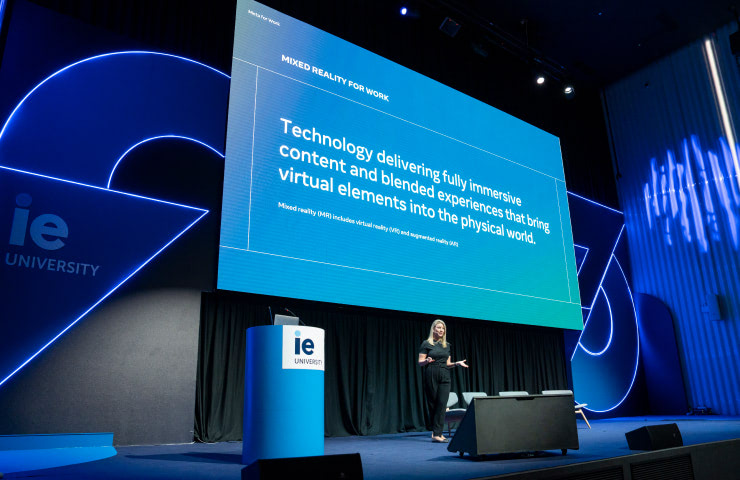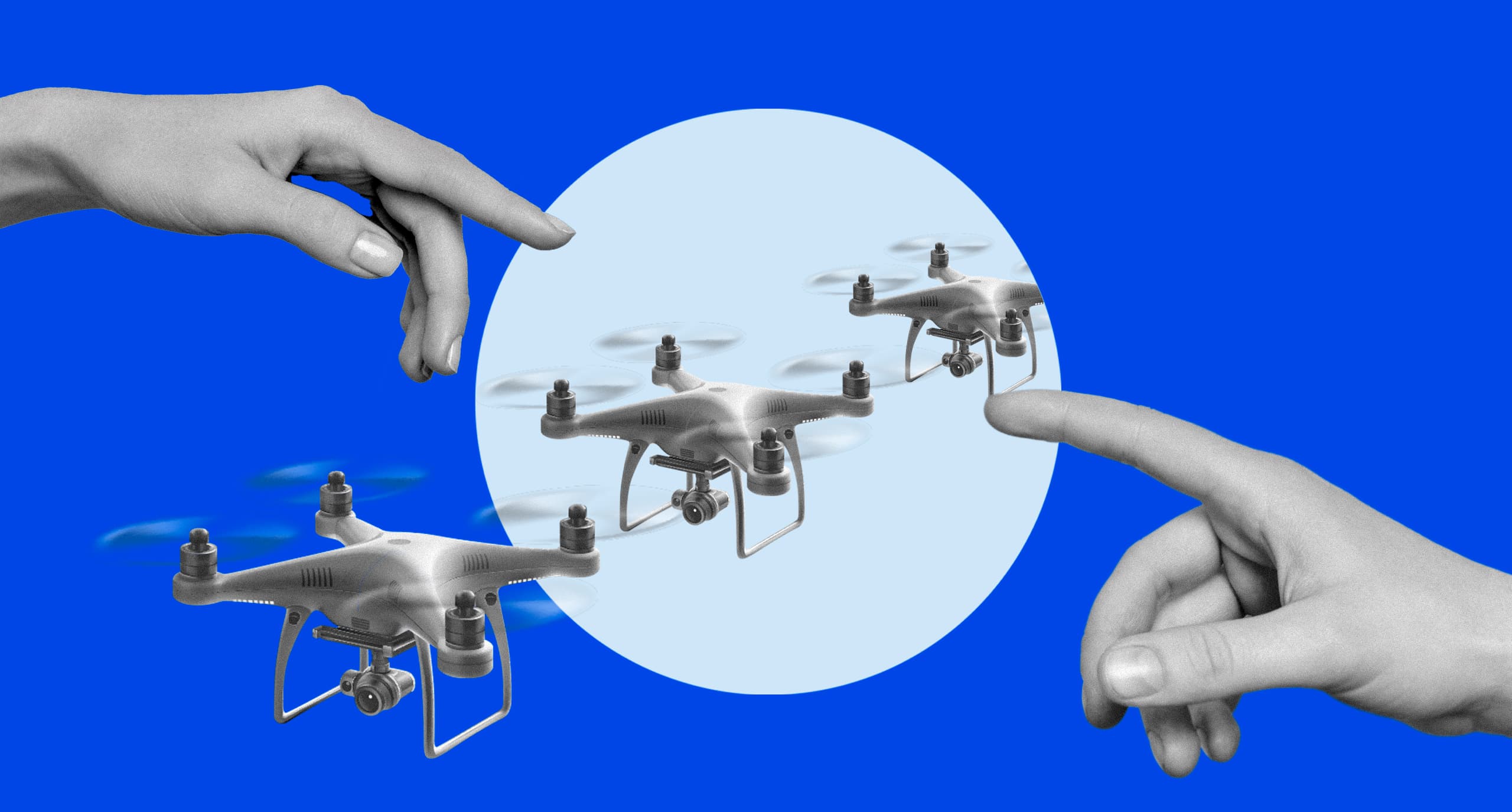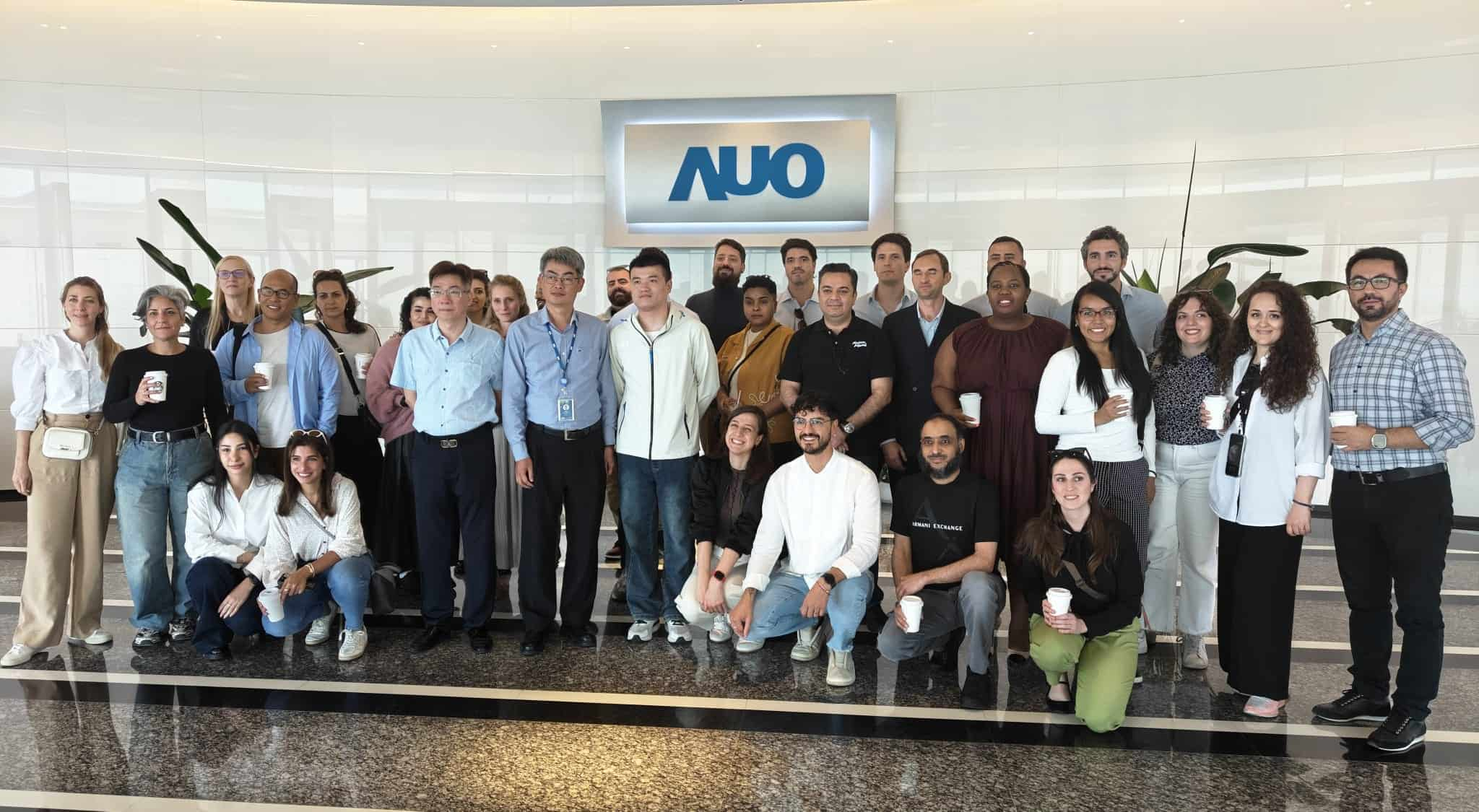12/02/2024
In a special event created in partnership with Meta, IE University students got a firsthand look at the technologies that are shaping the future of work and education. The IE Meta XR Day allowed professors, students and IE Community members to dive into extended reality (XR) technologies, including AR and VR.
IE University recently hosted the inaugural IE Meta XR Day, a captivating event that delved into the transformative power of immersive technologies. This inspiring gathering brought together professors, students and industry experts to explore the boundless opportunities that extended reality (XR) holds for revolutionizing both the learning experience and the evolving landscape of work.
The experience included the chance to test and use the latest tech in augmented and virtual reality as well as AI in an area referred to as the Playground. Guests were invited to take part in immersive and interactive demonstrations of these new tools. The end goal was to show how we can leverage cutting-edge technology to build soft skills such as communication, collaboration and creativity, as well as hard skills such as coding, data analysis and design.
XR and its endless opportunities
The day unfolded with a series of insightful talks and interactive sessions, showcasing the diverse applications of XR in work and education. Natasha White, strategic enterprise client partner at Meta, presented the latest in these new technologies along with what the future holds.
“Mixed reality is reinventing how we learn, create, meet and build community,” she said, emphasizing its ability to foster soft skills training, creativity, design and collaboration.

“Here, soft skills training is about walking in the footsteps of your peers, being able to imagine your peers’ daily experiences in a very real way.”
The next event was a panel discussion on how XR technology can be used in education, moderated by professor Begoña González-Cuesta, Dean of Education & Academic Experiences at IE University. She underscored the university’s dedication to integrating the latest technologies into the curriculum to create “a deeper and more meaningful learning journey.” She commented, “At IE University, we know that AI is here to revolutionize education.”
In the same panel, professors María José Ferrari, Francesco María Furno and Brian Hallett shared the ways they’re using XR technology to enhance learning in the classroom. In the humanities, María José uses VR to show the students “different human experiences which lead to different mindsets and opinions.” She went on to explain that being able to better understand other humans makes it easier to empathize with them, which is a main goal of the humanities. In marketing, on the other hand, XR can be used to create immersive brand experiences, while in graphic design, it gives students the chance to present their projects in a virtual environment, among many other applications.
XR’s most promising projects on display
To further demonstrate the practical applications of XR in education, a series of “show and tell” sessions featured companies and IE University departments showcasing their innovative projects. One of these was VirtualSpeech, co-founded by Dom Barnard, which allows students to practice public speaking with a virtual audience and receive real-time feedback on their performance. Professor Javier Bernad also shared how he helps students improve their public speaking skills by using ChatGPT to analyze and provide feedback on aspects such as voice inflection and content.
Another project showcased was IE Immersive Campus, a virtual-reality platform spearheaded by Ulrike Klaussner, Director of Education & Academic Experiences at IE University. This platform supports blended learning by enabling students to collaborate in real-time from anywhere in the world, regardless of their geographical location. It is supported by Arthur, a cutting-edge company developing virtual learning technologies, which seamlessly integrates with IE Immersive Campus to provide a truly immersive and engaging learning experience.
Cynthia Bowles, executive director of IE Digital Learning, emphasized the university’s expertise in developing immersive learning materials, drawing upon its extensive experience in digital and blended learning. “Because IE has 20 years of experience in digital and blended learning, VR is just a new format for the same concept. We already have the processes and methodologies in place to easily adapt to new technologies.”
She was joined by Lili Valentine, instructional designer and project manager at IE Digital Learning, who emphasized the ability of VR to create impactful learning experiences that resonate with students, fostering empathy, understanding and lasting knowledge. She highlighted the four key elements that contribute to the effectiveness of VR in education: immersion, emotion, impact and learning by doing.
To conclude the day’s inspiring talks, Sebastian Veldman, Global Lead for Employee Experience and Productivity at Accenture, provided a thought-provoking keynote address on the future of XR. He explained that we are now entering a new era of the internet—the internet of place. “People now find a sense of home in virtual places. People are using avatars, they are using virtual currency and they are living online.” He predicted a broader adoption of XR across professional and personal sectors, thanks to its capacity to “intelligently fuse people’s digital and physical worlds, to amplify experience, engagement and productivity.”
At the forefront of immersive tech
The IE Meta XR Day served as a testament to the transformative potential of XR in education and work, providing a glimpse into the future that is immersive, engaging and transformative. As XR continues to evolve, we can expect to see even more innovative applications that will shape the way we work, learn, experience and collaborate—and IE University will continue to be on the frontline of that innovation.








